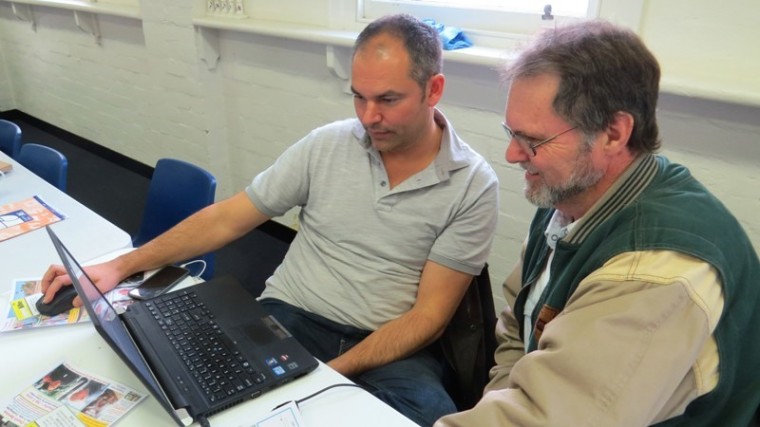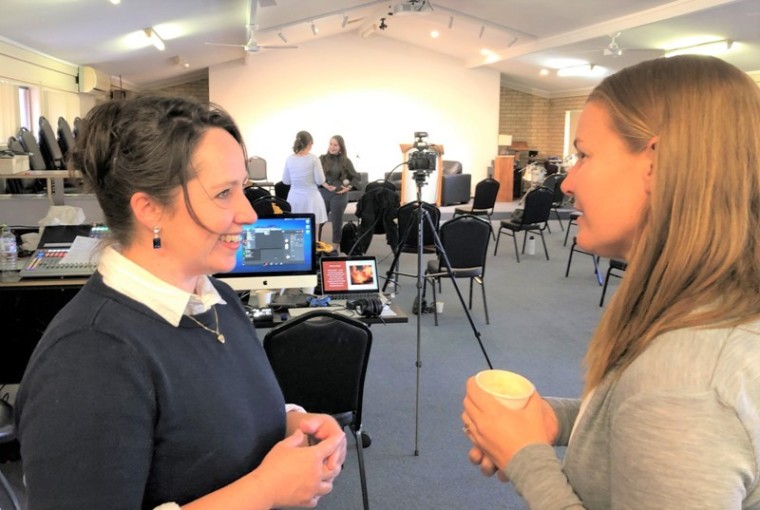
Although the 2021 was not held due to Covid issues the key note speakers were asked to send in their contributions
Russell Modlin - Questions for young writers
Thomas Devenish - The breadth of topics
Ben Campbell - Mission writing
Ben Campbell
Ben Campbell is CEO of Africa Enterprise and contributes fortnightly with a mission article to Christian Today.
Mission writing provides a great opportunity to engage and inspire readers and helps put a focus on the work of God through situations and lives. These stories can be very important to the reader, so approaching writing with a clear objective and putting your best into it is going to create varied emotions and engagement.
Here are five tips.
Know your readers
Understanding the context of your mission writing is very important. For example, are you writing to donors to a cause who want to see the impact of their giving? Is it to gain support, or draw attention to a situation to enlist prayer? You may need to consider the demographics of your audience, and write different stories for readers of varied ages or levels of engagement with the organisation/people you may be writing for. For example, if you have younger readers (or those who support youth mission), you may consider a focus on those involved in mission who are younger, and the impact of their work and some of the experiences they have in mission.
Respect the mission person or beneficiary you are writing about
Ensuring you are capturing the story well through the eyes of the mission worker, and using well-articulated quotes is important. For example you may be using a translation or poor English, so consider how you stay true to the intention of the speaker and whether a quote or paraphrase is suitable. If you are writing about a beneficiary, remember that they are real people, and whilst the privacy laws might be different in a developing nation compared to Australia, gaining permission and doing justice to that person is a key consideration. Remember that the vulnerable person you may be writing about is being read about by potentially thousands of people in another country, so respect for their circumstances and not being blaze about it is the right thing to do.
Determine the length of the story
If you are writing for the website, email or magazine for example, you will want to adjust the length of the story to keep the interest of readers. If it is short, then you want to get to the heart of the challenge and transformation/outcome quickly with an accompanying image.
Be prepared for obtaining information of interest
If you are writing about a person, country or situation, you want to find some facts of interest and determine the angle that you want to take. When a person is the subject of the writing, you want to know some key facts about them such as where they are from, what are the challenges that they have had, something about their family, their environment and what if any transformation has taken place as a result of a particular program or decision they have made. The story about the person is central, so the more facts you have, the more immersive you can make the article. Look at other mission articles to determine what information is being used, so if you are looking for information for a future story, you know what select questions to ask well in advance.
Images
Having a good image is an important part of the story. It will help draw the reader in and offer a visual framework around the story. Putting a brief to people on the ground doing mission for in situ photos, with appropriate permissions, will assist greatly in creating a compelling mission story.


Dr Mark Tronson - a 4 min video
Chairman – Well-Being Australia
Baptist Minister 45 years
- 1984 - Australian cricket team chaplain 17 years (Ret)
- 2001 - Life After Cricket (18 years Ret)
- 2009 - Olympic Ministry Medal – presented by Carl Lewis
- 2019 - The Gutenberg - (ARPA Christian Media premier award)
Gutenberg video - 2min 14sec
Married to Delma for 45 years with 4 children and 6 grand children